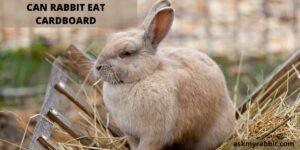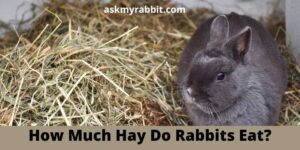Despite many years of service as pet bedding, pine shavings have recently received a poor name.You want to know if softwood shavings are truly safe and harmless since your pet rabbit spends a lot of time in or around his rabbit bedding or litter.
No, you should not use pine bedding for rabbits. Pine and cedar should not be used as litter for domestic rabbits. Other better litters, such as recycled paper and aspen shavings, are available.
The use of cedar and pine shavings as litter raises two key problems. The first is the well-documented changes in the liver’s specialised enzymes which might affect your rabbit’s capacity to manage common medications. The second is the cancer risk, which is still poorly understood.
In this article, we will inform you all about the use of pine shavings as a bedding for your bunny. So, keep reading!
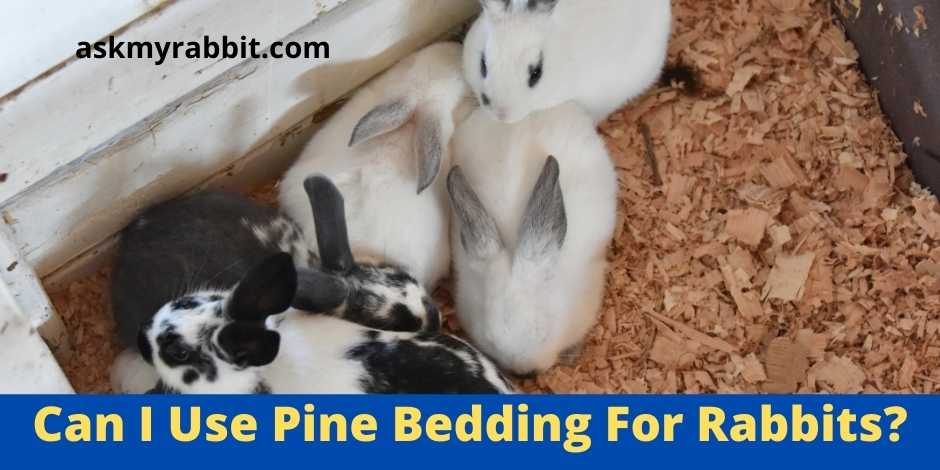
Is Pine Toxic To Rabbits?
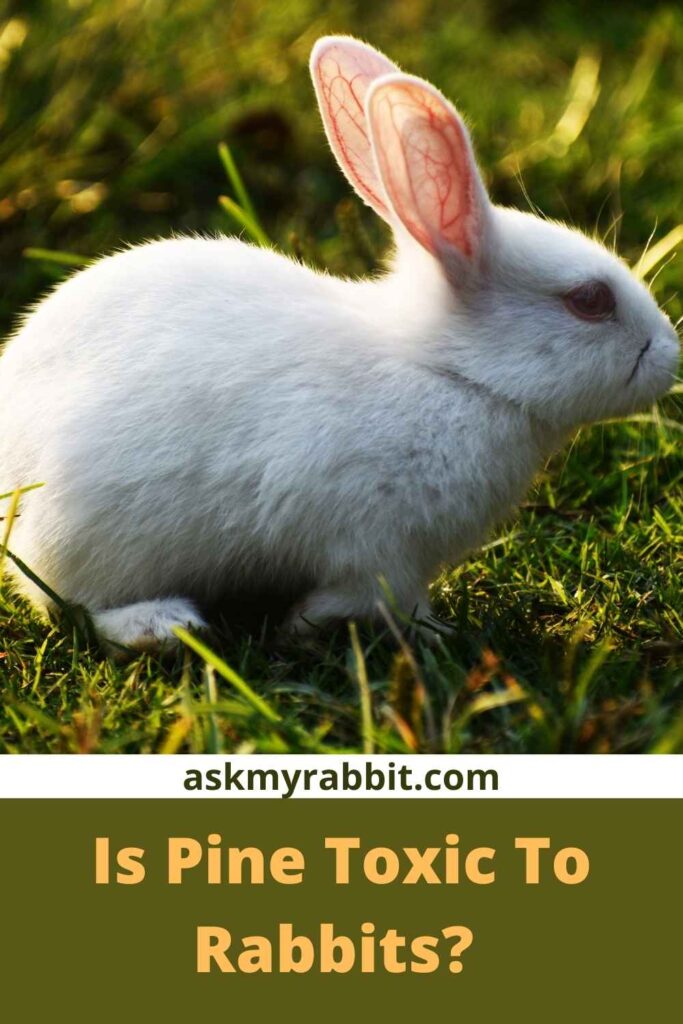
Yes, pine is toxic to rabbits. Phenols are the hazardous components found in pine shavings. These are volatile compounds that exist naturally in wood.
When you open a package of cedar or pine shavings, you can immediately smell phenol. This is the fragrant scent that most people find refreshing in pine.
Because of the phenols in pine and cedar, this odor is prevalent. Inhaling these volatile compounds in large amounts might trigger changes in liver enzymes.
The liver makes every effort to eliminate phenols by secreting enzymes that break them down. It’s what the rabbit’s body does to protect itself against natural poisons in the environment.
If the rabbit’s liver enzymes are high and he is given treatment for any sickness, the medication will not work as it should.
There have also been claims that bunnies exposed to softwood shavings such as pine and cedar are at risk of cancer. While the findings of these investigations are still unclear as to the risk of pine and cedar shavings, it may be prudent to avoid these materials altogether.
There are a plethora of other materials that may be utilised as bedding or shavings. Also, cedar and pine shavings are rather expensive. There are safer and less expensive alternatives.
Is Pine Bedding Safe For Rabbits?
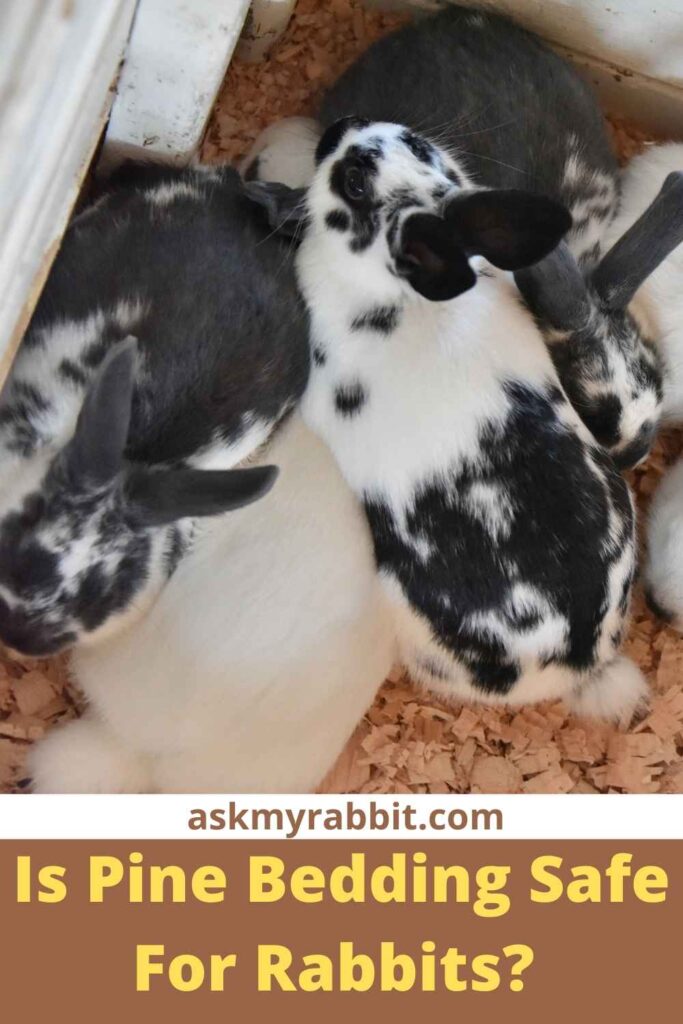
No, pine bedding is not safe for rabbits. Pine and cedar should not be used as litter for domestic rabbits. Other better litters, such as recycled paper and aspen shavings, are available.
The use of cedar and pine shavings as litter raises two key problems. The first is the well-documented changes in the liver’s specialised tools. This affects your rabbit’s capacity to manage common medications prescribed by your veterinarian.
When you open a container of pine or cedar shavings, the ‘aromatic’ aspect of the litter is immediately noticeable. The source of the problem is the odor.
The odor is caused by phenols. These are natural volatile compounds found in wood.
Pine shavings contain phenols, which induce alterations in the liver’s enzymes. Your rabbit’s liver tries to eliminate the phenols by generating additional enzymes that degrade them. This is a natural defence mechanism for you and your rabbit against environmental poisons.
Continuous exposure to phenol-containing litters, for example, lowered medication in bunnies. This is the most common criticism of softwood litters.
The second argument against softwood shavings as a cancer risk is more speculative.
However, when we consider the additional health concerns, we should definitely consider whether pine and cedar should be included in any pet litter.
Ponderosa pine needles have been suggested as an alternative litter for bunnies. However, this should be avoided at all costs. The substance has been linked to spontaneous abortions in cattle and other domestic animals. It also induces other hormonal issues in bunnies.
Is Soft Pine Bedding Good For Rabbits?
No, soft pine bedding is not good for rabbits. Softwood shavings include phenols, which cause changes in the enzymes of the liver.
The liver of your rabbit attempts to remove phenols by producing more enzymes that breakdown them. This is a natural way for you and your rabbit to protect themselves against chemicals in the environment.
The problem emerges when the rabbits are exposed to pine phenols on a regular basis, prompting them to create much more.
Can I Use Pine Shavings For Rabbits?
No, you should not use pine shavings for your bunny. According to research, using pine shavings as bedding or litter material for confined rabbits should be avoided.
Utilising superior materials such as recycled paper or aspen shavings would be the best option because they are safer for your bunny.
Cedar and pine should not be used as bedding and litter for two reasons. The first is the changes in the rabbit’s liver enzymes.
The rabbit’s body will no longer be able to take conventional pharmaceuticals if the liver is compromised. This can be problematic, especially if your pet requires medication to treat an illness.
The second reason to avoid pine and cedar is that these materials contain substances that might cause cancer in animals.
Is Pine Safe For Rabbits To Chew?
Rabbits may chew on pine that has undergone a certain drying procedure. This means that pine boards and furniture are okay to chew upon. However, pine shavings and pine-based litters are not.
Fresh pine should also be avoided since it contains phenols. This can cause liver damage in rabbits. If the pinewood still has a strong pine fragrance, you should avoid it and choose a different sort of wood instead.
Pine cones are also safe for rabbits, but only after they have been dried fully. Pine cones can be purchased as rabbit toys that have been totally dried.
Just make sure they’re washed and dried for at least a week. If you want to be extra sure that the pinecones are completely dry, place them in the oven for an hour or two at low heat.
Can You Use Pine Pellets For Rabbit Litter?
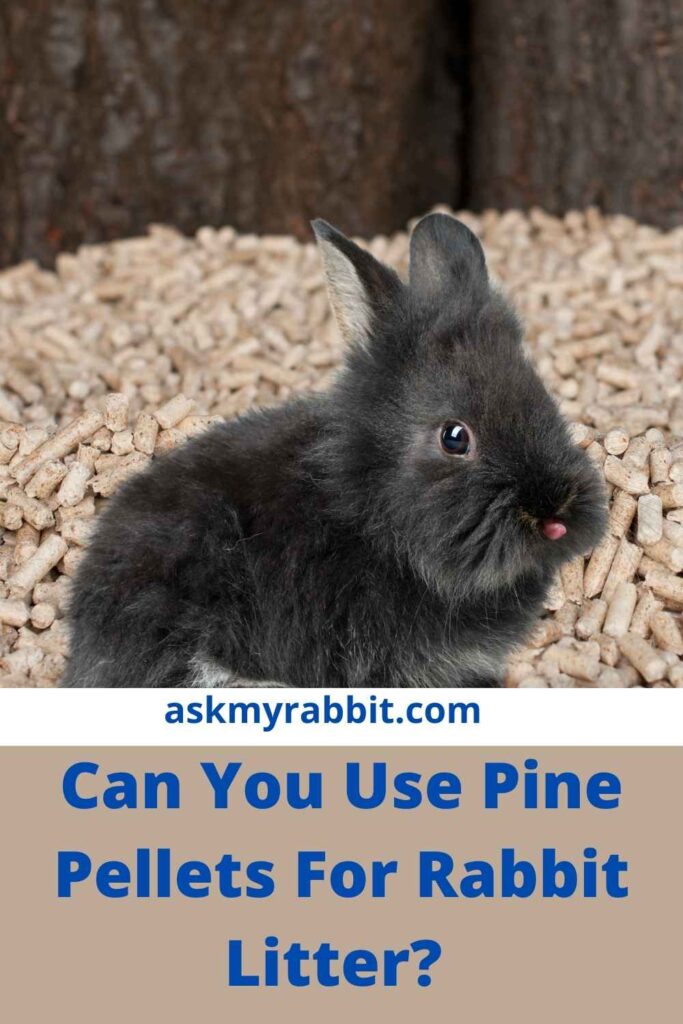
Yes, you can use pine pellets for rabbit litter. Because they are kiln-dried, pine pellets and dried pine shavings are safe for rabbits. Pine pellets are used by the majority of rabbit owners in their litter boxes.
However, giving your rabbit fresh pine or cedar to gnaw on is not a good idea. Both are strong in phenols, which are responsible for their characteristic aroma.
This odor can be used as a rapid test. You should avoid using any wood that smells strongly of pine or cedar near your rabbits.
Pine pellets are both inexpensive and highly absorbent. However, keep an eye on the ingredient list. Some manufacturers include chemical stabilisers or glue in their pellets. This should be avoided.
Pine pellets are mostly dust-free, turning into dust only when they decompose. Furthermore, pine pellets compost quickly.
If you add dirty pine pellets to your compost pile, they will decompose into sawdust and nutrients after six months. This will help in boosting the nutritional profile and texture of your compost.
Should I Use Equine Pine Pellets For Rabbits?
Yes, you may use equine pine pellets for your bunny. It is essentially the same as wood stove pellets. However, equine pine pellets may be somewhat larger.
Equine pine pellets is safe acceptable to use for rabbits. However, shavings aren’t safe as phenols are produced during processing. This makes them harmful for bunnies.
Frequently Asked Questions
Should Rabbits Eat Pellets?
Yes, rabbits should eat pellets. Pellets are a part of a rabbit’s diet. A non-pelleted diet is conceivable, but it necessitates a careful balance of food supplies from a variety of vegetables and hay.
What Type Of Pellets Do Rabbits Eat?
Young rabbits, under seven to eight months old, should be fed alfalfa pellets and alfalfa hay. This is because they need the extra protein and calcium as they grow.
Why Do Rabbits Push Their Bedding?
Rabbits are very gregarious animals who like playing by pushing their bedding. Some rabbits can become agitated if you alter their bedding or move around in their domain.
Final Words
To be clear, giving your rabbit fresh pine or cedar to gnaw on is not a good idea. Both are strong in phenols, which are responsible for their characteristic aroma.
Some animal advocates have raised concerns over aromatic softwood bedding for bunnies. This is because it has been found to affect liver function in small animals.
If you’re concerned, make sure your furry bunny’s bedding is in a well-ventilated area. Also, take your pet in for regular vet check-ups.
Drop down your doubts and questions regarding your bunny’s bedding preferences in the comment section below. We will answer them soon!



